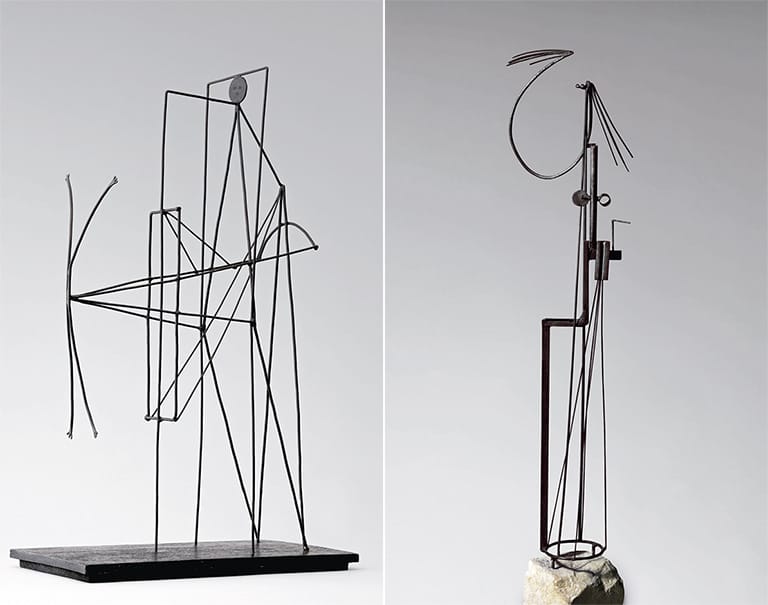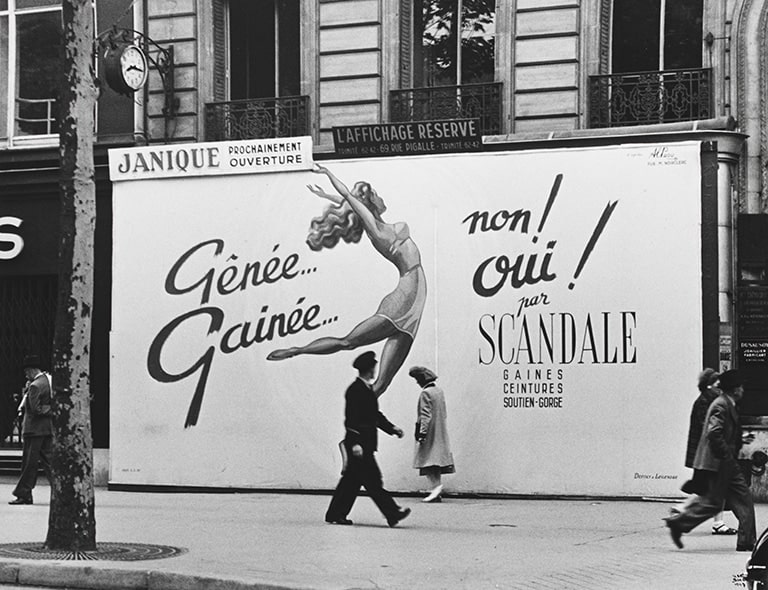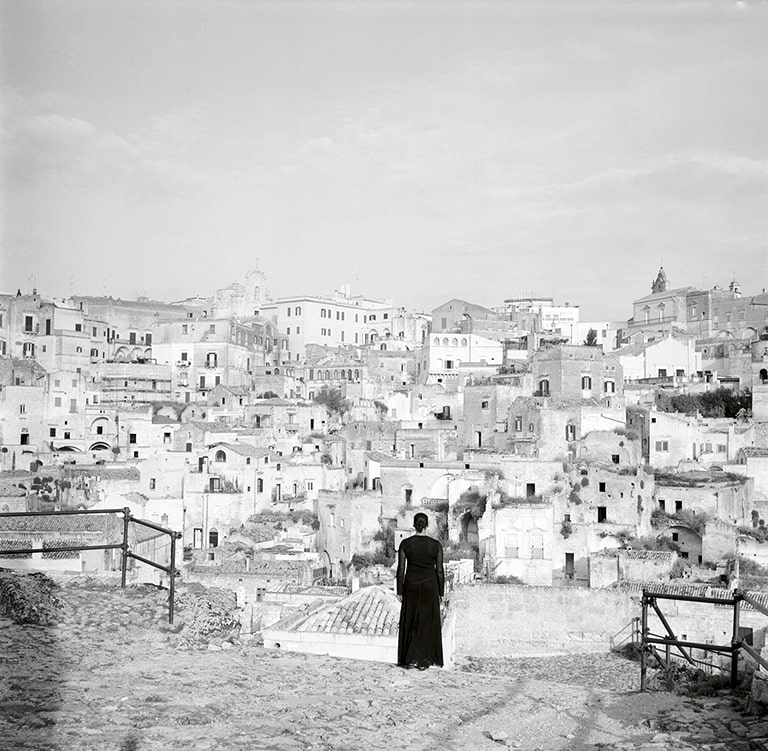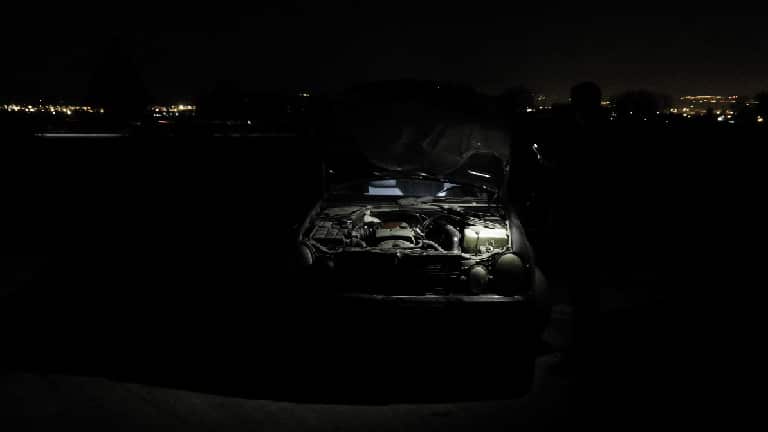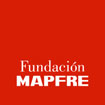Guitarra, libro y periódico [Guitar, Book and Newspaper]

Juan Gris
Guitarra, libro y periódico [Guitar, Book and Newspaper], 1920
© Fundación MAPFRE COLLECTIONS
Technique
Ink and pencil on paper
Dimensions
Paper size: 35.5 × 28 cm
Frame size: 66 x 65.5 x 4 cm
Inventory
FM000290
Description
In an interview published in the magazine L’Esprit Nouveau, Juan Gris declared: “I work with the elements of the intellect, with the imagination. I try to make concrete that which is abstract. I proceed from the general to the particular, by which I mean that I start with an abstraction in order to arrive at a new fact. Mine is an art of synthesis, of deduction, as [Maurice] Raynal has said. I want to find a new description for it; I want to create special individuals from the general type.”
A year earlier, he had painted the gouache entitled Still Life with Guitar, a composition that has great similarities with this drawing, although inverted along a vertical axis of symmetry. In both he achieved that balance between architecture and poetry, between composition and reference to reality, which was emerging as the fundamental objective of his work as his career progressed.
Gris had said that “every painting is a synthesis, in the way that architecture is synthetic”, and he constructs this still life in accordance with that principle: by using lines and forms that are equally abstract and figurative, rhyming with each other to create emphatic visual echoes, Gris manages to adapt the contours of objects to a framework of geometric shapes, like in a classic temple. The linear purity of the entire composition, as well as the universalization of the objects, which lack any singularizing anecdote because they proceed from pure and interrelated forms, according to Gris’s famous ‘deductive method’, accentuate the classic character of this piece.
Meanwhile, we might also view this drawing as a synthesis of the rigor and solemnity of the tradition of the Spanish Baroque still life with the modernity of the Cubist language. The still life – a fundamental genre for both Cubism and the Spanish pictorial tradition – was the focus of a large part of Juan Gris’s work on artistic reflection.
Thus while in this drawing we can see a paradigmatic example of the catalog of Cubist iconography for the genre (fruit bowl, newspaper, book, bottle, guitar, table), we can also understand it, according to the truism widely propagated by historiography, as an allusion to the Spanish pictorial tradition.
Indeed, Gaya Nuño compared the austere sobriety of Gris’s still lifes with those of Zurbarán, and Mark Rosenthal also spoke of “metaphysical meanings” when referring to these works by Gris, relating them to the atmosphere of transubstantiation typical of the still lifes that the painter probably had the opportunity to view in the Prado during his youth.
[María Dolores Jiménez-Blanco]
COOPER, Douglas, Juan Gris. Paris, Berggruen Editeur, 1977.
ESTEBAN LEAL, Paloma (comisaria), Juan Gris: pinturas y dibujos 1910-1927, cat. exp. Madrid, Museo Nacional Centro de Arte Reina Sofía, 2005.
BACHOLLET, Raymond, Juan Gris, dibujante de prensa: de Madrid a Montmartre: catálogo razonado, 1904-1912. Madrid, El Viso, 2003.
GAYA NUÑO, Juan Antonio, Juan Gris. Barcelona, Polígrafa, 1973.
GEORGE, Waldemar, Juan Gris. Paris, Gallimard, 1931.
JIMÉNEZ-BLANCO, María Dolores, Juan Gris. Madrid, Electa, 1999.
KAHNWEILER, Daniel-Henry, Juan Gris, vida y pintura. Madrid, Ministerio de Educación y Ciencia, 1971.
PERUCHO, Juan, y SANTOS TORROELLA, Rafael, Juan Gris. Dibujos. Barcelona, Taber, 1969.
SALAZAR, María José, y CARMONA MATO, Eugenio, Juan Gris 1887-1927, cat. exp. Madrid, Museo Nacional Centro de Arte Reina Sofía, 2001.
TINTEROW, Gary, Juan Gris, 1887-1927. Madrid, TF, 2005.
